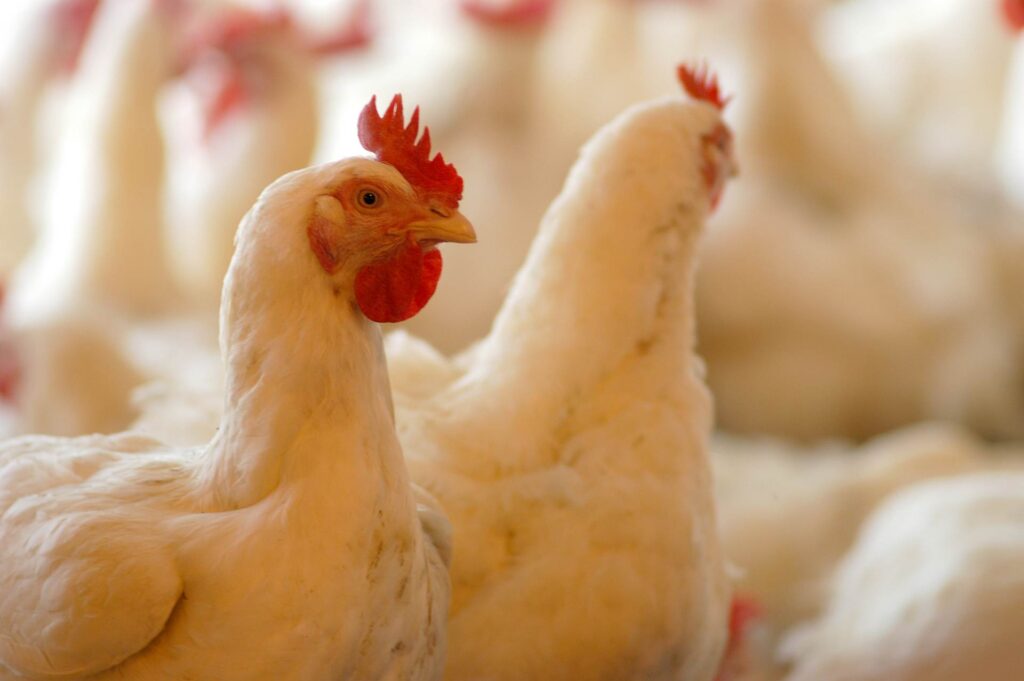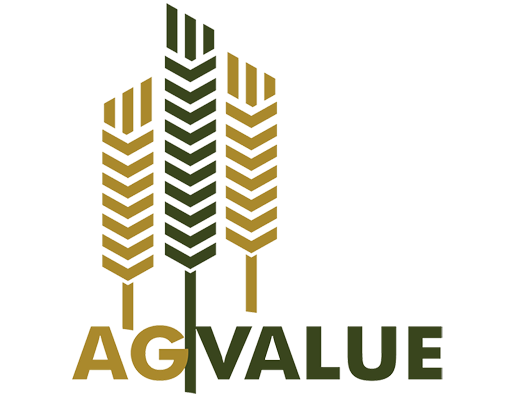
- AgValue Consulting
- May 11, 2024
- 12:01 am
- 5 minutes
Understanding the importance of biosecurity measures in poultry farming is crucial for farmers looking to safeguard their flock’s health and maximize productivity. At AgValue Consulting, we are recognized authorities in the poultry farm consulting field, with a wealth of experience and expertise in implementing effective biosecurity protocols.
Biosecurity measures such as vaccination programs, proper nutrition, and sanitation routines are essential for preventing the spread of diseases and maintaining a healthy flock. Vaccination helps boost immunity and protect birds from illnesses, while providing the right nutrition ensures optimal health and disease resistance. Consistent sanitation practices, including regular cleaning and disinfection, are vital for creating a safe and hygienic environment for poultry.
By prioritizing biosecurity, farmers can reduce the risk of disease outbreaks, improve overall flock health, and ultimately increase profitability. AgValue Consulting is dedicated to helping poultry farmers implement best practices and strategies to enhance biosecurity on their farms, ensuring long-term success and sustainability in the industry.
Key Takeaways
- Implementing fencing around the poultry farm can prevent entry of wild birds or animals that can carry diseases.
- Regular cleaning and disinfection of poultry equipment and living spaces can help control the spread of pathogens.
- Monitoring water quality is crucial, as poor quality water can become a breeding ground for diseases.
- Vaccination programs should be implemented to strengthen the birds’ immunity against various diseases.
- Regular flock monitoring can aid in early detection of diseases, allowing for timely intervention and prevention of disease spread.
Understanding Poultry Biosecurity
To safeguard your poultry flock’s health, it’s crucial to grasp biosecurity and its importance in preventing diseases. Biosecurity, in poultry farming, is a set of preventive measures designed to fend off the introduction and spread of harmful agents – pathogens, pests, or diseases.
These harmful agents can cause chaos in your flock, leading to illness, decreased productivity, or even mortality. Biosecurity isn’t just about keeping diseases out. It’s also about managing diseases if they’re already present, limiting their spread, and reducing their impact.
You must understand that diseases can spread in various ways. They can be airborne, waterborne, or transmitted through direct contact between birds. Even you can unintentionally carry pathogens on your clothing, shoes, or equipment. Wild birds, rodents, or insects can also introduce diseases.
Chances are, you’ve already implemented some biosecurity measures without realizing it. Perhaps you’ve enclosed a fence around your poultry area, or you consistently clean and disinfect your equipment. That’s a great start. But understanding biosecurity involves identifying all potential risks and addressing them systematically.
Implementing Disease Control Measures
Implementing disease control measures, you’ll need to consider a variety of strategies from vaccination and proper nutrition to sanitation and pest control. Vaccination plays a vital role in poultry health, strengthening the birds’ immunity against various diseases. You’ll want to schedule regular vaccinations and make certain that they’re administered correctly.
Next, don’t underestimate the impact of a balanced diet. Essential nutrition is key for maintaining the overall health of your flock and enhancing their resistance to diseases. Be mindful of the feed quality, making sure it’s free from contaminants and provides all the necessary nutrients.
Sanitation, too, plays a major role in disease control. It’s crucial to regularly clean and disinfect the living quarters of your flock, minimizing the risk of disease spread. Pay attention to water quality as well, as contaminated water can act as a breeding ground for pathogens.
Lastly, pest control can’t be overlooked. Pests like rodents and insects can carry diseases into your poultry houses. Implementing effective pest control strategies, such as regular inspections and the use of traps or baits, will keep these unwelcome visitors at bay and protect your flock’s health. Remember, prevention is always better than cure.
Importance of Regular Flock Monitoring
While keeping your flock healthy involves a multi-faceted approach, don’t neglect the importance of regular monitoring. It’s an essential biosecurity measure you can’t afford to overlook. Regular monitoring allows you to keep an eye on your flock’s health, track their growth, and quickly identify any sudden changes or signs of illness.
If you’re unaware of an existing health issue, it could spread quickly, affecting your entire flock. You can’t manage what you don’t measure, so make sure you’re constantly monitoring your birds’ health. Look for changes in their behavior, such as reduced activity levels, decreased appetite, or drastic alterations in their droppings. These could be early warning signs of a potential health issue.
Regular flock monitoring also equips you to make informed decisions about their diet, living conditions, and general care. You’ll be able to adjust their feed, understand if they’re stressed or uncomfortable, and intervene early if a hen is ill. Plus, with consistent monitoring, you’ll have the data you need to improve your flock’s health over time.
Frequently Asked Questions
What Specific Vaccinations Should Be Administered to Maintain Poultry Health?
To maintain poultry health, you should administer necessary vaccinations like Newcastle disease, Infectious Bronchitis, and Marek’s disease. They’re essential for protecting your birds from common illnesses that can decimate your flock.
How Does Poultry Diet Impact Their Overall Health and Susceptibility to Diseases?
Your poultry’s diet directly affects their health and disease resistance. Balanced meals boost their immune system, making them less susceptible to illnesses. Poor nutrition, however, increases vulnerability to infections and impacts overall health negatively.
What Are the Potential Economic Impacts of Not Implementing Biosecurity Measures in a Poultry Farm?
You’d face significant financial loss without biosecurity measures. Diseases can wipe out your flock, reducing productivity and income. Plus, you’ll spend more on treatment and could lose market access if you’re linked to an outbreak.
What Is the Role of Government and Other Regulatory Bodies in Ensuring Biosecurity in Poultry Farming?
The government and regulatory bodies play a pivotal role in ensuring biosecurity in poultry farming. They establish regulations, monitor compliance, provide education and resources, and intervene in case of disease outbreaks. They’re critical for healthy poultry production.
Can Biosecurity Measures Vary Depending on the Breed of the Poultry? if So, How?
Yes, biosecurity measures can vary based on poultry breed. For instance, certain breeds may be more susceptible to specific diseases, so you’d need to implement tailored preventive measures to safeguard their health.
Conclusion
In conclusion, the significance of implementing robust biosecurity measures for poultry health can’t be overstated. By proactively engaging in disease control strategies, conducting regular flock monitoring, and prioritizing prevention over treatment, you’re fortifying a strong defense against potential health risks in your poultry operation. Remember, investing in proper biosecurity not only safeguards the well-being of your birds but also ensures the longevity and prosperity of your poultry business.
For expert guidance on agricultural appraisal and comprehensive solutions tailored to your specific needs, don’t hesitate to contact AgValue Consulting at 229-499-4534. Our team of agricultural experts is here to assist you in optimizing your operations and maximizing the value of your agricultural enterprise.
